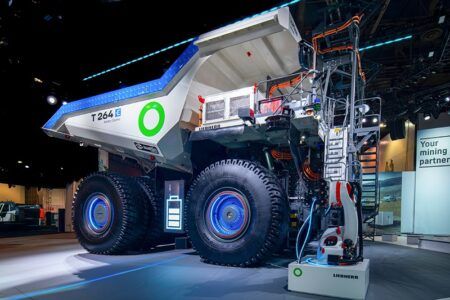NASA fired a car-sized robotic spacecraft to Mars today as part of a mission to look for signs of past life on the planet.
The Perseverance rover lifted off from the Cape Canaveral Air Force Station in Florida aboard a United Launch Alliance Atlas V rocket. It is the third mission heading to the Red Planet this month after launches by the UAE and China.
Perseverance will travel 314 million miles over a period of nearly seven months attempting to land on a crater named Jezero.
Along with several sophisticated instruments that will gather information about Mars’ geology, atmosphere, environmental conditions and signs of life, the rover is also carrying a small 1.8kg helicopter.
Called Ingenuity, the copter will fly short distances and marks the first attempt at powered, controlled flight on another planet. If successful, it could lead to more flying probes on other planets.
Perseverance will also technologies to help astronauts make future expeditions to Mars. This includes testing a method for producing oxygen from the Martian atmosphere, and identifying other resources such as subsurface water.
Meanwhile, scientists in the UK will help Perseverance select the Martian samples to be brought back to Earth.
Researchers at Imperial College London and the Natural History Museum will identify samples of Mars that could contain evidence of past life and study the mineralogy and geochemistry of the different rocks found in the crater.
Professor Mark Sephton from Imperial, said: “I hope that the samples we select and return will help current and future generations of scientists answer the question of whether there was ever life on the Red Planet.”





